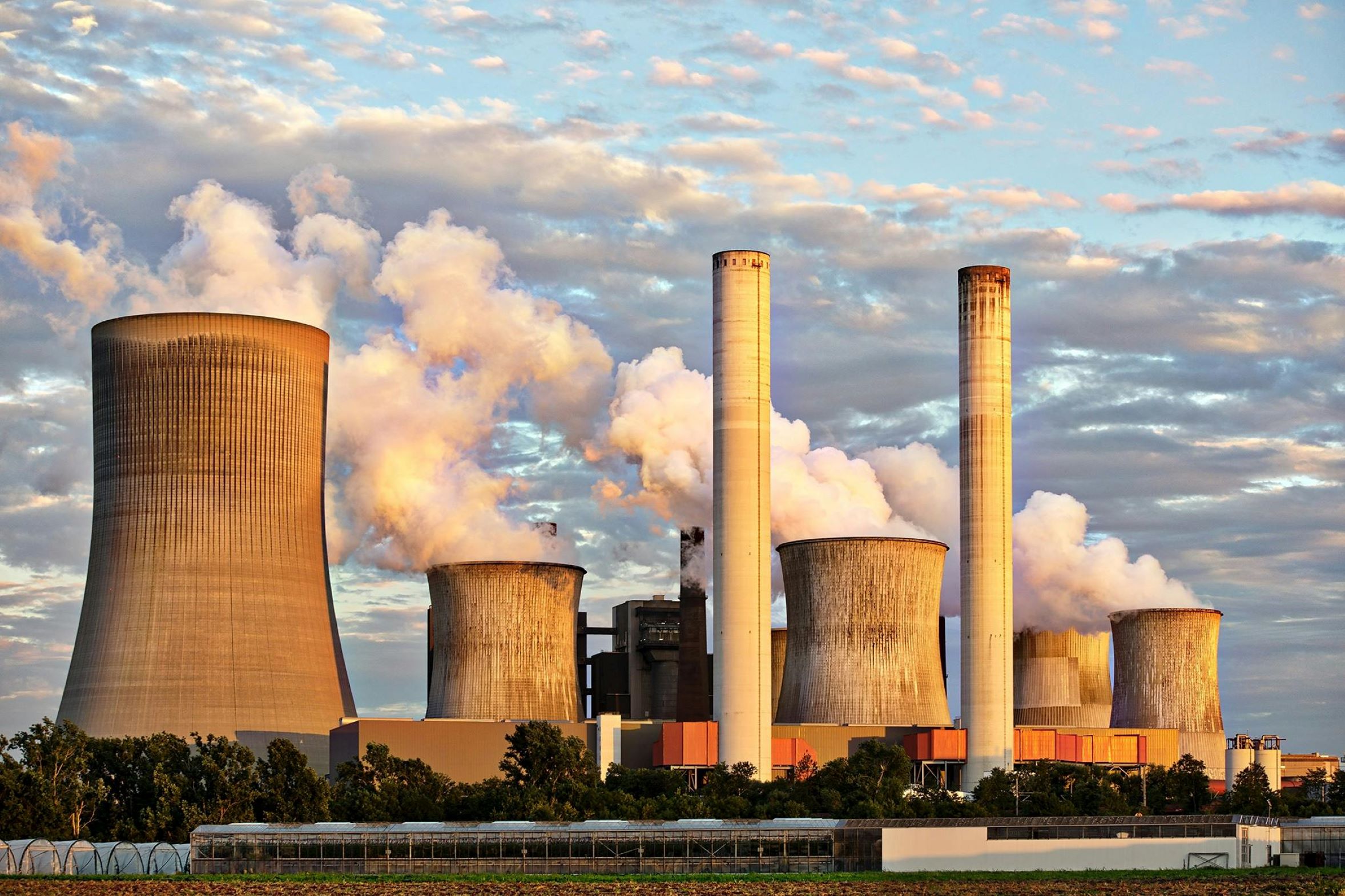Visa Stock Analysis: Is Visa a Strong Opportunity Ahead of Q4 Earnings?
$325.48
28 Jan 2026, 19:25

Pexels.com

How New Policies Will Shape the UK Energy Market and Who Stands to Gain or Lose
The UK government has unveiled plans to fast-track the construction of small modular nuclear reactors (SMRs), aiming to boost energy security, economic growth, and job creation. This move seeks to reform outdated planning laws, making it easier and faster to build nuclear power stations in England and Wales.
Why Is the UK Expanding Nuclear Energy?
Prime Minister Sir Keir Starmer emphasized that Britain has been "let down and left behind", pointing to the fact that the country has not built a new nuclear power station in decades. With many of the UK’s aging nuclear reactors set for decommissioning within the next decade, the government sees SMRs as a crucial solution for securing long-term energy independence.
The key reasons behind this nuclear expansion include:
What Are Small Modular Reactors (SMRs)?
Unlike traditional nuclear power plants, SMRs are smaller, cheaper, and quicker to build. They can be deployed in more locations and produce less energy, making them a flexible solution for filling gaps in national power supply.
The government’s reforms will also remove restrictions on nuclear plant locations, replacing the current list of just eight designated sites with a broader and more flexible approach.
Support and Opposition: A Divisive Policy
The announcement has sparked mixed reactions from various stakeholders:
Supporters:
Critics:
Challenges in Nuclear Expansion
The UK has been known as one of the most expensive countries for nuclear power development. The newly announced Nuclear Regulatory Taskforce aims to streamline regulatory processes and speed up project approvals, but challenges remain:
Impact on the UK Energy Market: Who Wins and Who Loses?
The expansion of nuclear energy will have major implications for energy producers, businesses, and consumers.
Winners:
Losers:
Conclusion: A New Era for UK Energy?
The UK’s decision to accelerate nuclear reactor development marks a significant shift in energy policy and economic strategy. While SMRs promise energy security, job creation, and long-term cost savings, concerns over high costs, long project timelines, and environmental risks remain.
The success of these reforms will depend on how quickly projects like Sizewell C progress, government funding decisions, and the ability to balance nuclear expansion with renewable energy growth.
With the UK taking a bold step towards a nuclear-powered future, only time will tell whether this move will strengthen the nation’s energy independence or create new economic challenges.
Sources: (BBC.com, ChatGPT)